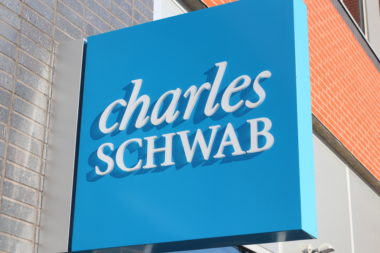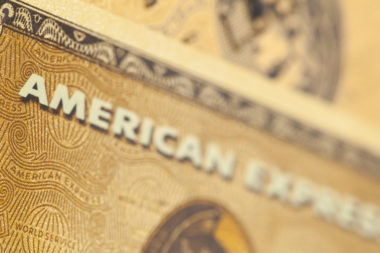The First Bank of the United States opened in 1791 as designed by Alexander Hamilton, Secretary of the U.S. Treasury at the time. Since then, Americans have been entrusting their finances to private banks and credit unions, though not everyone understands exactly how they work. However, understanding how banks work is important for those who want to know exactly what these financial institutions do with the cash and credit they are trusted to handle.
Table of Contents
What Is a Bank?
Banks are financial institutions that accept deposits from and issue loans to the public. They make money for the country by pooling together their customers’ money and using it to finance loans to others, making a profit from the interest rates. These loans are typically used to invest in businesses, homes, college educations, cars, and other large purchases.
Types of Banks
There are several different types of banks, each specializing in a different service. Some banks are unique in that they are a combination of different services.
- Central Banks
The Federal Reserve is the central bank of the United States, and manages the financial system of the country. As described by its Board of Governors, “the Federal Reserve, the central bank of the United States, provides the nation with a safe, flexible, and stable monetary and financial system.”
- Retail Banks
Retail banks are the most common type of private bank (not owned or operated by the federal government), as they cater to the general public, including individuals and families. With multiple locations, they cater to the consumer to provide deposit, credit, lending, and accounting services.
- Credit Unions
Credit unions are nonprofit organizations that offer similar services to banks, such as accepting deposits and issuing credit. Since credit unions are cooperatives owned by members, they focus more on customer needs and typically offer cheaper rates than banks.
- Commercial Banks
Commercial banks specialize in business financing and lending, though they also typically offer these services to individuals. They provide deposit services, business loans, and investment products.
- Community Banks
Community banks are local retail banks that offer more personalized service to their customers, but more generally resemble national retail bank chains.
- Online Banks
Also called E-banking, online banks offer financial services to their customers exclusively through the internet. Though most banks offer online services, online banks don’t have physical locations for their customers to go to, which means they can offer lower-cost services. Common online banks include Discover, Ally Bank, and Synchrony.
- Mutual Banks
Mutual banks, much like credit unions, are owned by customers rather than third-party investors. Its main purpose is to provide a safe place to deposit to encourage savings.
Types of Bank Accounts
As part of their deposit services, banks provide different types of accounts for their customers to manage their finances. There are three main types of accounts that customers can choose from:
Savings Accounts
Savings accounts are designed to store a customer’s money, typically in order to save it up securely. They aren’t attached to a debit card to enable purchases. Savings accounts can be used for emergency funds, a college savings, saving up money for a trip, or any other long-term financial goal. The interest on your savings account is deposited into your account, helping you save money while essentially paying you for keeping your money in the bank.
Checking Accounts
With a checking account, customers can place deposits, make purchases with a debit card or check, make withdrawals, and pay bills. Most banks also offer online and mobile access for customers to manage their account with convenience. However, checking accounts are subject to fees that can become expensive, depending on the bank and a customer’s spending habits.
Money Market Accounts
Money market accounts combine certain qualities from both savings and checkings accounts and are ideal for depositing large sums of money. Most money market accounts have $5,000 – $10,000 minimums per account and higher interest rates than either a savings or checking account. Though money market accounts are not ideal for frequent access, customers can easily access this money and write checks when necessary.
What Do Banks Do With Your Money?
Essentially, banks work by pooling customer money to fund other customer’s loans, and they make a profit from the interest rate they charge. The Federal Reserve sets the national reserve requirement, which dictates how much money banks are required to keep and not lend out.
How Insurance Protects You
Whereas vaults were commonly used to protect customers’ money mere decades ago, insurance has now taken their place. Due to the risks associated with banking, the Federal Deposit Insurance Corporation (FDIC) was formed in 1933. The FDIC is a government agency that insures deposits in U.S. banks and savings institutions for up to $250,000.
Is Banking Free?
Depending on the bank, service fees will vary. Common banking fees include monthly or annual account maintenance fees, lost debit card fees, ATM fees, minimum balance fees, and more. The high costs of banking have pushed some banks to offer free banking, usually with a more basic account and fewer services offered. However, even “free” banking might advertise no monthly fee, but could charge in other ways, such as transaction fees.





